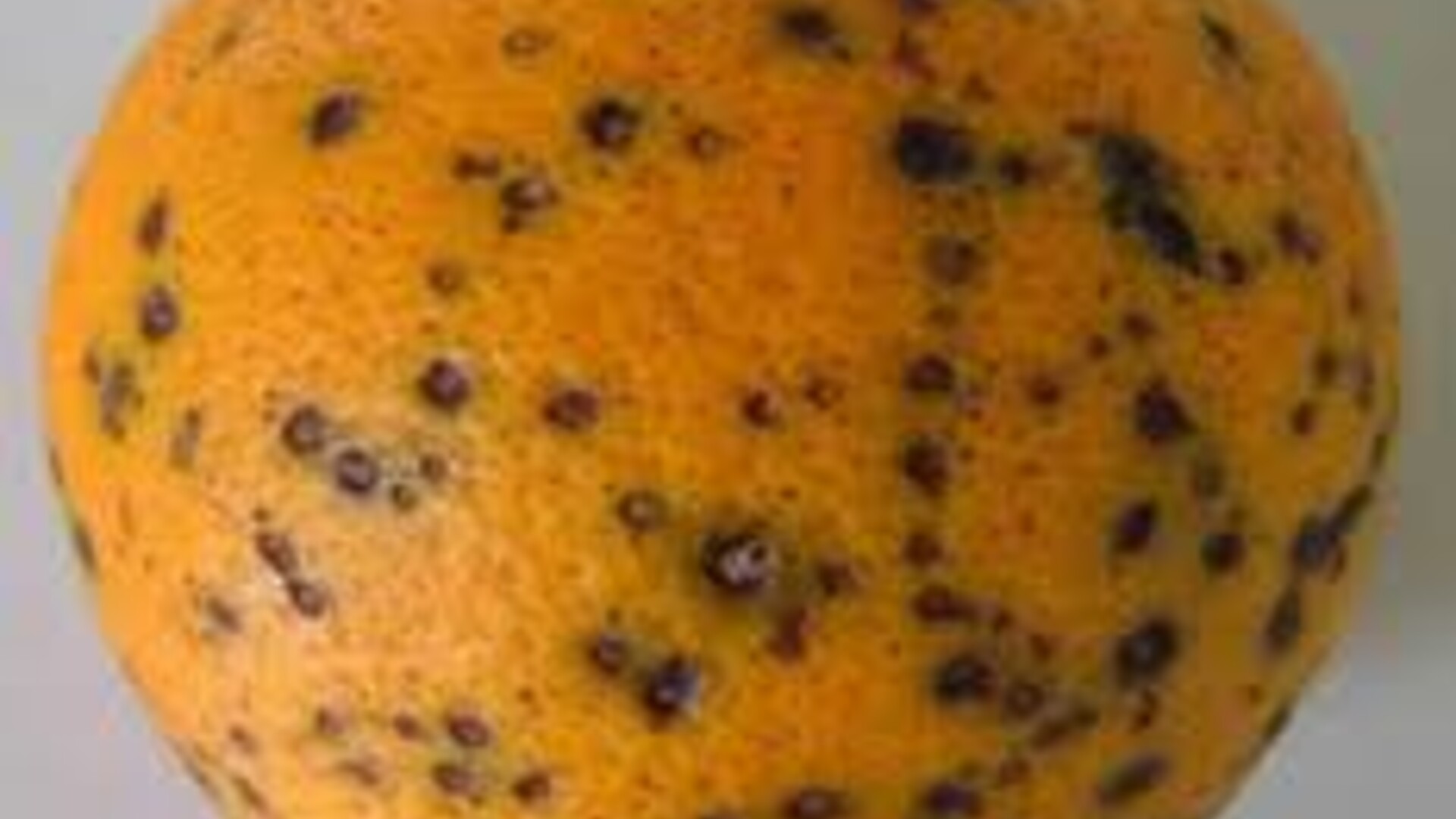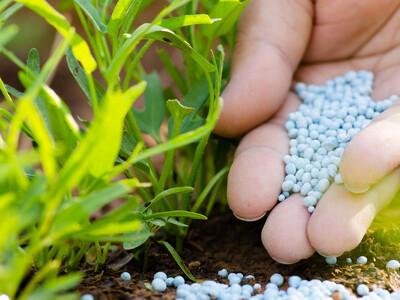Citrus Black Spot
The USDA’s Animal and Plant Health Inspection Service recently expanded the citrus black spot (CBS) quarantine in five Southwest Florida counties.
APHIS added 37 sections in Charlotte County, 17 sections in Collier County, 45 sections in Glades County, 68 sections in Hendry County, and 28 sections in Lee County to the quarantine area.
The expanded quarantine comes after a survey by Florida’s Department of Agriculture confirmed detections of citricarpa, the fungus that causes CBS, during the 2019 and 2020 growing seasons.
There are restrictions on interstate movement, or foreign trade, of fruit from these areas.
Fresh citrus fruit moved interstate from the CBS quarantine areas must be processed using APHIS-approved methods and packed in commercial citrus packinghouses operating under a compliance agreement with APHIS. APHIS prohibits the movement of any other citrus plant parts outside the quarantine area.
The Florida Ag Department has uploaded an informational video.
FLORIDA AG VIDEO: “Decontaminate all equipment including but not limited to; pick axes, ladders, field bins, processing tubs, and busses according to schedule 11. To decontaminate yourself, conduct a debris check removing any plant material and spray with decontaminate according to schedule 11.”
Drivers transporting citrus fruits are also reminded to make sure the truck tarp is securely fastened to the trailer and has no rips or tears. This is to ensure there is no loss of fruit, leaves, or debris while in transit.
Citrus black spot was first identified in Collier and Hendry counties in Florida in 2010.
Citrus black spot can cause up to 60 percent yield loss and some fruit drop in severe situations.

















